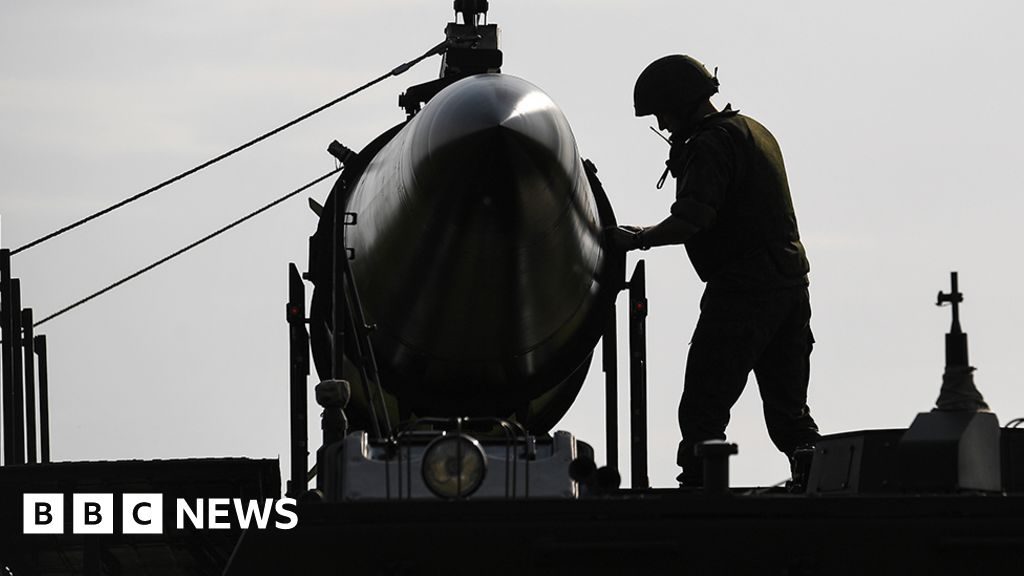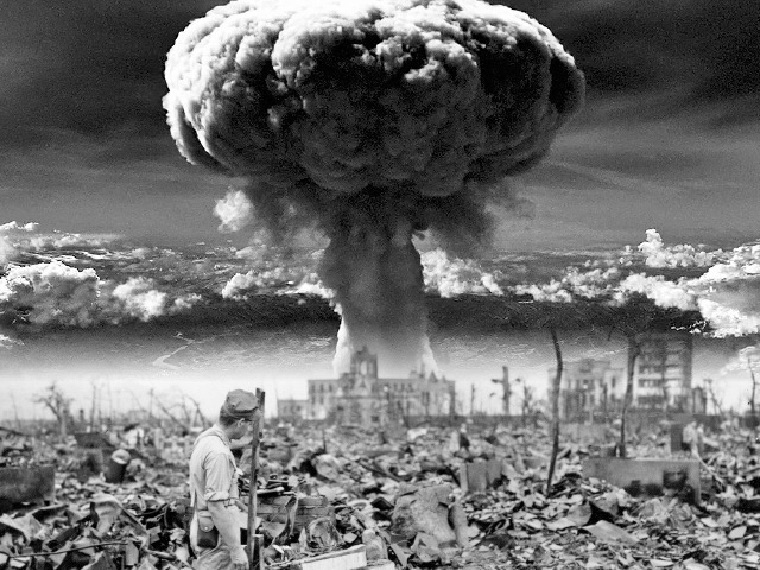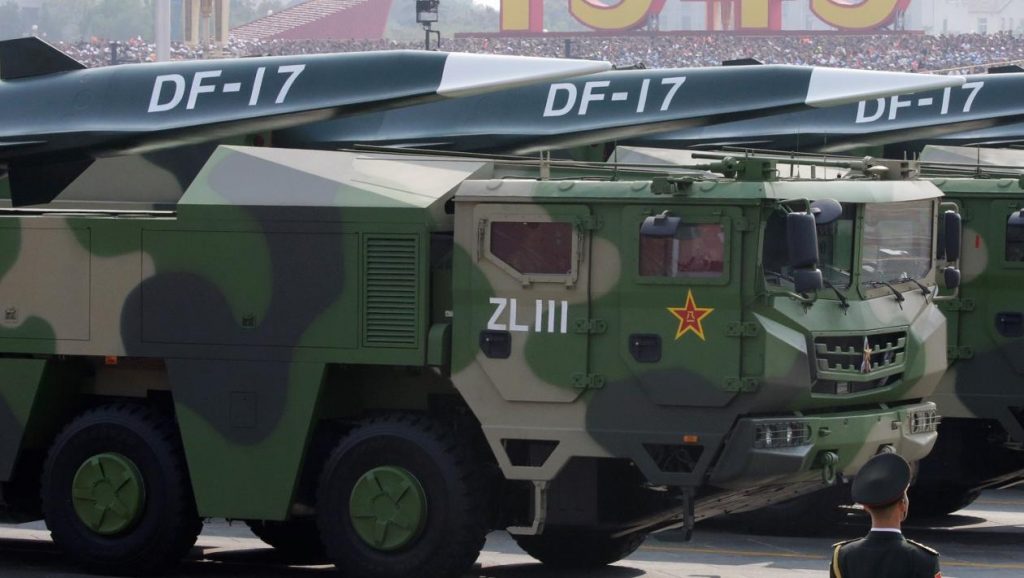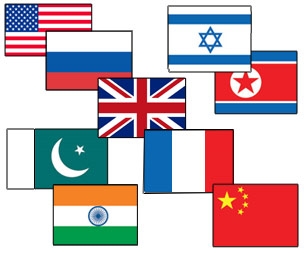
What has not been written about the movie, Oppenheimer? That it does not sufficiently bring out the fact that the chief character, Robert Oppenheimer himself, came from a wealthy Jewish family. That it is anti-feminist, figuring very few women and only allowing the first female character to speak after so and so many minutes from the beginning. That it is an “intelligent movie about an important topic that’s never less than powerfully acted and incredibly entertaining.” That it is an “unrelenting stream of bombastic vignettes in need of narrative chain reaction.” And so on, and so on.
Far be it from me to dwell on each of these and other points, let alone explore them in depth. I do, however, want to take up a few issues that I consider critical for forming an understanding both of the movie and of the historical reality behind it.
First, contrary to the impression made by the movie, especially its opening minutes, there was never any danger that the Germans would get there first. True, back in 1938 it was a German scientist, Otto Hahn, who succeeded in splitting uranium for the first time, thereby giving his country a head start that did not escape the notice either of the international scientific community or of various intelligence services around the world. From that point on active efforts were mounted to monitor the Germans’ progress; however, the vision of a Nazi bomb turned out to be a will o’ the wisp. The longer the war and the deeper into former Italian and German-occupied countries the Anglo-American armies penetrated, the less the danger appeared. True, then as always caution was the best part of wisdom. Still, by late 1944 the various teams, commanded by a Colonel Pash and operating under the code-name Alsos (“grove,” in Greek), were able to “categorically” report that the Germans were not nearly as advanced as the Allies and that there was no room for worry on that account. Why this was the case is another question; but one that neither plays a major part in the movie nor that I intend to pursue here.
Second, the episode—only mentioned in passing by the movie, but often highlighted in other accounts—in which Oppenheimer, having asked to meet Truman, tells him that he, Oppenheimer has blood on his hands. Only to watch Truman take out a handkerchief and ask whether Oppenheimer wanted to wipe them dry. Many authors have presented the story as an encounter between the kind-hearted, pacifistically-minded, scientist and the hard-boiled, tough and cynical, veteran of a thousand political battles. In fact it was nothing of the kind. While Oppenheimer did build the bomb, his guilt, if any, was nowhere like that of Truman who, having overridden all suggestions to the contrary, ordered its use (not once but twice), got 150,000 dead Japanese, men, women and children, on his conscience. Really, Dr. Oppenheimer, what did you think? That Truman was a father confessor or a Freudian psychologist, perhaps? No wonder that, the meeting over, he called Oppenheimer a “crybaby” and ordered his staff to make sure he would not come to pour out his heart again. Faced with a world in ruins and with Stalin as his adversary, he had more important things to do than console a distraught scientist.
Third and most problematic of all, throughout the movie there is great and graphic emphasis on the danger the atomic bomb, and even more so its successor, the hydrogen bomb, poses to humanity at large. The danger of course, is real enough. For the first time in history, humanity was put in possession of a weapon that enabled it to destroy itself. Nor, given the known history of warfare with all its attendant atrocities, mass massacres and genocides, did there seem to be much of a chance that, once the weapon had become available and its power demonstrated for all to see, it would not be used.
In fact, though, this has not happened. Far from opening the door to even larger, more deadly wars, “nukes,” as they came to be known, have caused war to shrink. Nowhere was this more evident than in the case of major powers. As of the time of writing the way the Russo-Ukrainian War will end remains unknown. But the very fact that it has been going on for over a year and a half without anyone resorting to nuclear weapons and opening the road to Armageddon is, in my view, encouraging.
Pity that, in what is many ways an excellent movie, it is not even mentioned.



 Ever since 1945 peace among the great powers, such as it is, has been guarded above all by nuclear weapons and their delivery vehicles. Weapons so powerful, and so hard to stop on their way to target, that, should they ever be used in any numbers, they can literally put an end to mankind. The balance of terror, as Winston Churchill and others called it.
Ever since 1945 peace among the great powers, such as it is, has been guarded above all by nuclear weapons and their delivery vehicles. Weapons so powerful, and so hard to stop on their way to target, that, should they ever be used in any numbers, they can literally put an end to mankind. The balance of terror, as Winston Churchill and others called it.




